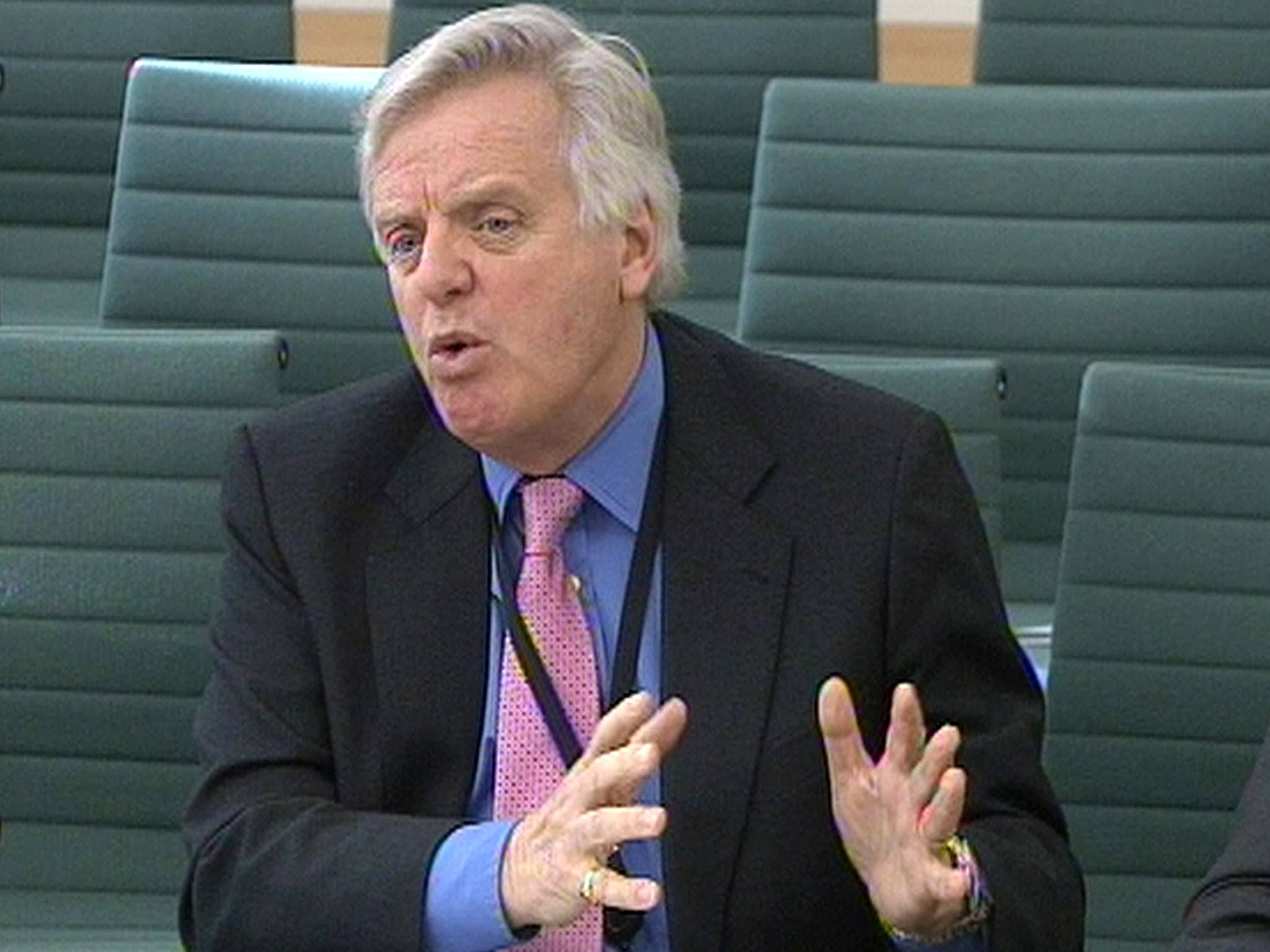BBC should only produce news, says former chairman Lord Grade
Drama and other programmes would be outsourced under radical ‘rescue’ plan

Your support helps us to tell the story
From reproductive rights to climate change to Big Tech, The Independent is on the ground when the story is developing. Whether it's investigating the financials of Elon Musk's pro-Trump PAC or producing our latest documentary, 'The A Word', which shines a light on the American women fighting for reproductive rights, we know how important it is to parse out the facts from the messaging.
At such a critical moment in US history, we need reporters on the ground. Your donation allows us to keep sending journalists to speak to both sides of the story.
The Independent is trusted by Americans across the entire political spectrum. And unlike many other quality news outlets, we choose not to lock Americans out of our reporting and analysis with paywalls. We believe quality journalism should be available to everyone, paid for by those who can afford it.
Your support makes all the difference.The former chairman of the BBC, Lord Grade, has claimed that the organisation is “far too big” and “virtually unmanageable” and should outsource most of its programmes, including dramas and documentaries, to the private sector.
In evidence provided to MPs, Lord Grade – one of the most powerful voices in British broadcasting – called for Channel 4 to be allowed to compete with the BBC for a share of the licence fee.
The peer told the House of Commons Select Committee on Culture, Media & Sport that the role of Director General at the BBC had grown beyond the capabilities of one individual.
“There’s no person on earth that can do that job successfully,” he said. The Committee, which is investigating the future of the BBC, was given a paper written by Lord Grade and entitled “Wither the BBC?” accusing the corporation of having a “default territorial agenda”.
The treatise, an introduction to a book to be published next month called BBC in Crisis, was described by MPs as “revolutionary”. It calls for the organisation’s in-house production to be reduced to just news and current affairs, with all other content and production services commissioned from the private sector.
“What is the justification for the BBC continuing to run BBC in-house production any longer in areas such as drama, documentaries, light entertainment, comedy etc etc? No point at all,” he writes.
BBC4, he added, should be merged with BBC2. “Does any viewer understand the difference between [BBC]2 and [BBC]4 today? I certainly don’t.”
Lord Grade, who addressed the Committee in the company of former BBC Director General Lord Birt, told MPs that a succession of “management disasters”, including the Digital Media Initiative computer project, had illustrated the corporation’s structural problems. “They’ve made too many mistakes recently,” he said. It was essential that the BBC was reduced in size to ensure that the licence fee remained “affordable and defensible”, he argued.
“The BBC is still in that mode of: ‘We have to do everything ourselves’ and I don’t think that’s helped them at all,” he said. “I would like to see a model that follows the private sector – much more efficient.” He told MPs that Channel 4, of which he is a former chief executive, could only continue as a public service broadcaster if it was allowed to be entirely funded by the licence fee. Mr Whittingdale noted that this would mean the BBC “is going to get significantly less”, to which the former BBC chairman said: “Yes, I think some things will have to go.” Earlier, former BBC Director General Greg Dyke made an attack on Lord Patten, chairman of the BBC Trust, over his handling of the Jimmy Savile affair and the resignation of former chief executive George Entwistle. “No, I don’t think he [Lord Patten] is doing a good job,” he told Philip Davies MP, “because I don’t know where he was when the crisis happened.”
Mr Dyke appeared alongside ex-BBC chairman Gavyn Davies, who noted that the broadcaster had a problem from the use of iPlayer by those who don’t own a licence. “I think people who are using the BBC through the iPlayer should expect to pay the licence fee,” he said.
Mr Davies said BSkyB was “extremely central” in British television with around double the income of the Corporation, and there was a lack of diversity of ownership in commercial television.
“I don’t think that’s healthy for the public,” he said.
Join our commenting forum
Join thought-provoking conversations, follow other Independent readers and see their replies
Comments